
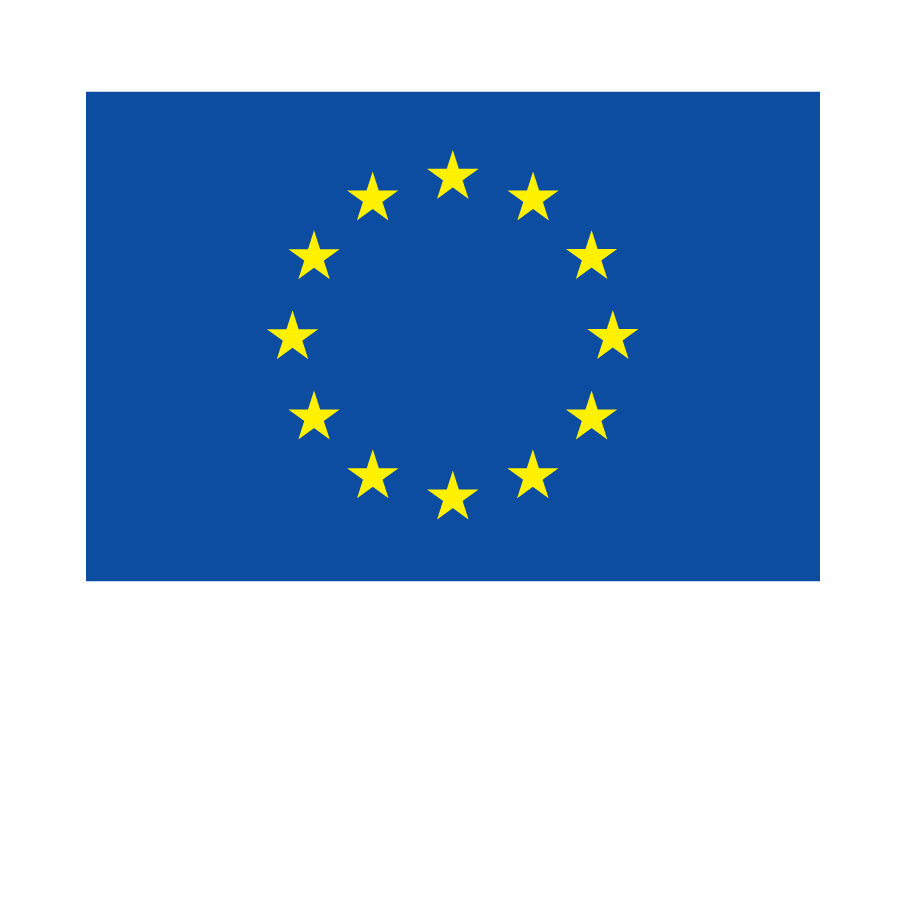


SUSAAN project aims to develop sustainable antiviral and antimicrobial coatings based on active nanomaterials, such as bio-based active materials and inorganic nanoparticles, including the development of fast active-response and durable surfaces, taking into consideration their ease of use, low toxicity, and health issues, and targeting a global sustainability concept.
Toxicological, ecotoxicological and several tests for the new active substances and resulting coatings will be performed and a full sustainability assessment, understood as environmental, economic, and social impact analysis for the required product will carry out.
Three relevant market sectors are selected to validate the results of the project, where the antiviral and antimicrobial additives according to efficiency, durability of effects/integrity of the coating and toxicity results at lab-scale will be used for each real application in the textile, plastic and metallic industries. In this context, it can be stated that most of the common hand-touch sites and/or objects are covered by the SUSAAN project, and that therefore the final impact would be extensive after the successful execution of this project.
Consortium Partners and core business are one of the strongest points of SUSAAN. Technological and scientific partners (LUREDERRA, NCSRD, IVW, CEIT and ITENE) are experts on main areas of nanoparticles, coatings, pretreatment, biobased nanocapsules and toxicity assessment. Companies involved cover the whole value change based on their core business including coatings production (TECNAN), biobased products (CELABOR), bathrooms manufacturing (ECZACIBASI), home appliances (PANASONIC) and textiles (ALMAXTEX). INTER IT will cover the activities on BPR assessment being VIRHEALTH (the expert on virology) on charge of standardized testing to determine virucidal and antimicrobial activity of the coatings and ARDITEC on charge of sustainability assessment.
The final outcome of SUSAAN project is the validation of the new sustainable antimicrobial/antiviral nanocoating in different final products: high traffic objects (plastic and metallic) and textiles. Technical advantages and comparative results to current solutions will be used to present SUSAAN solutions to potential clients.
Innovative complex typologies of nanoparticles will be synthesised and tested in terms of antimicrobial (AM) and antiviral (AV) efficiency and eco-toxicity.
Development of new sustainable antiviral (AV) and antimicrobial (AM) coatings for textiles and high traffic objects made of plastics and metal
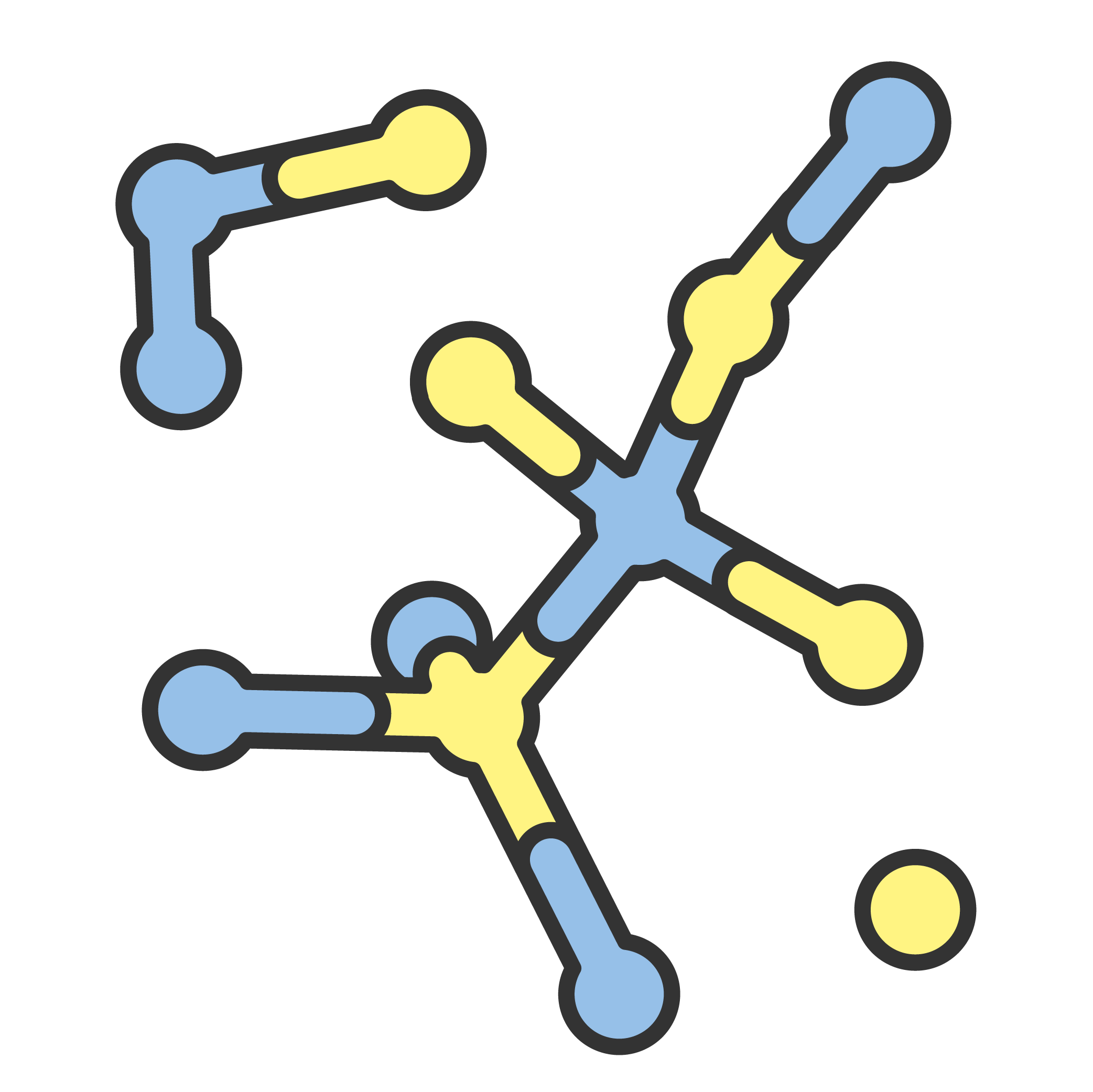
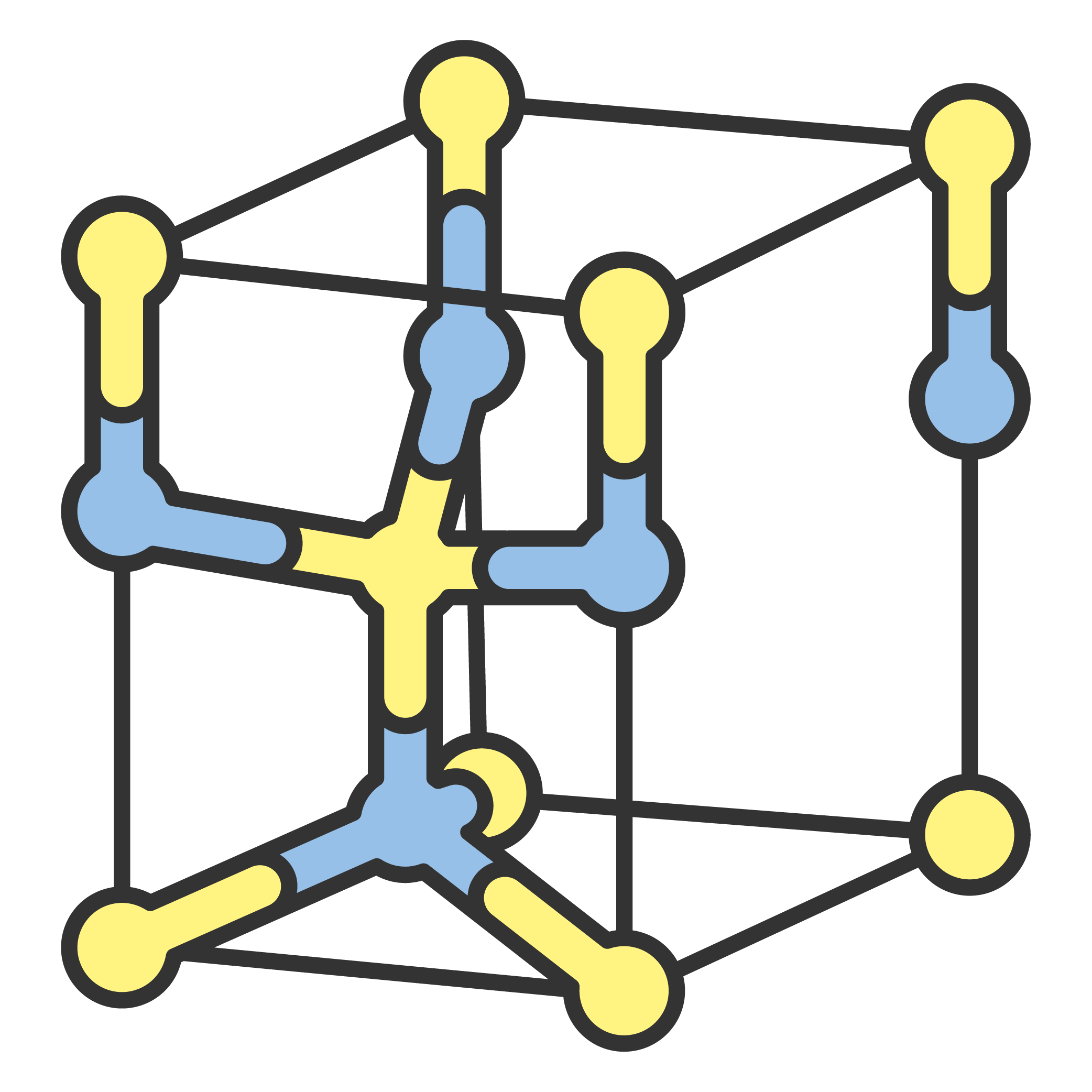
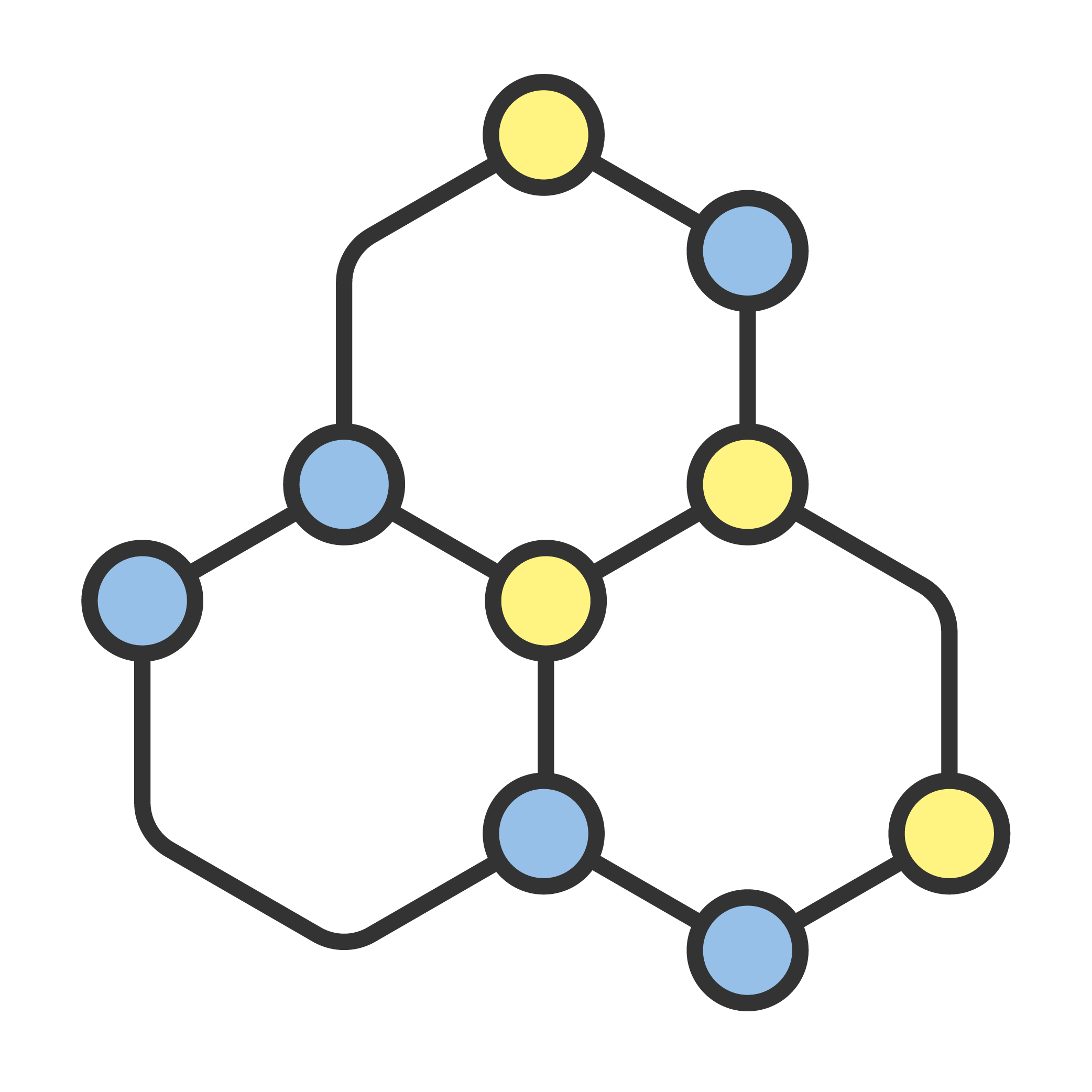
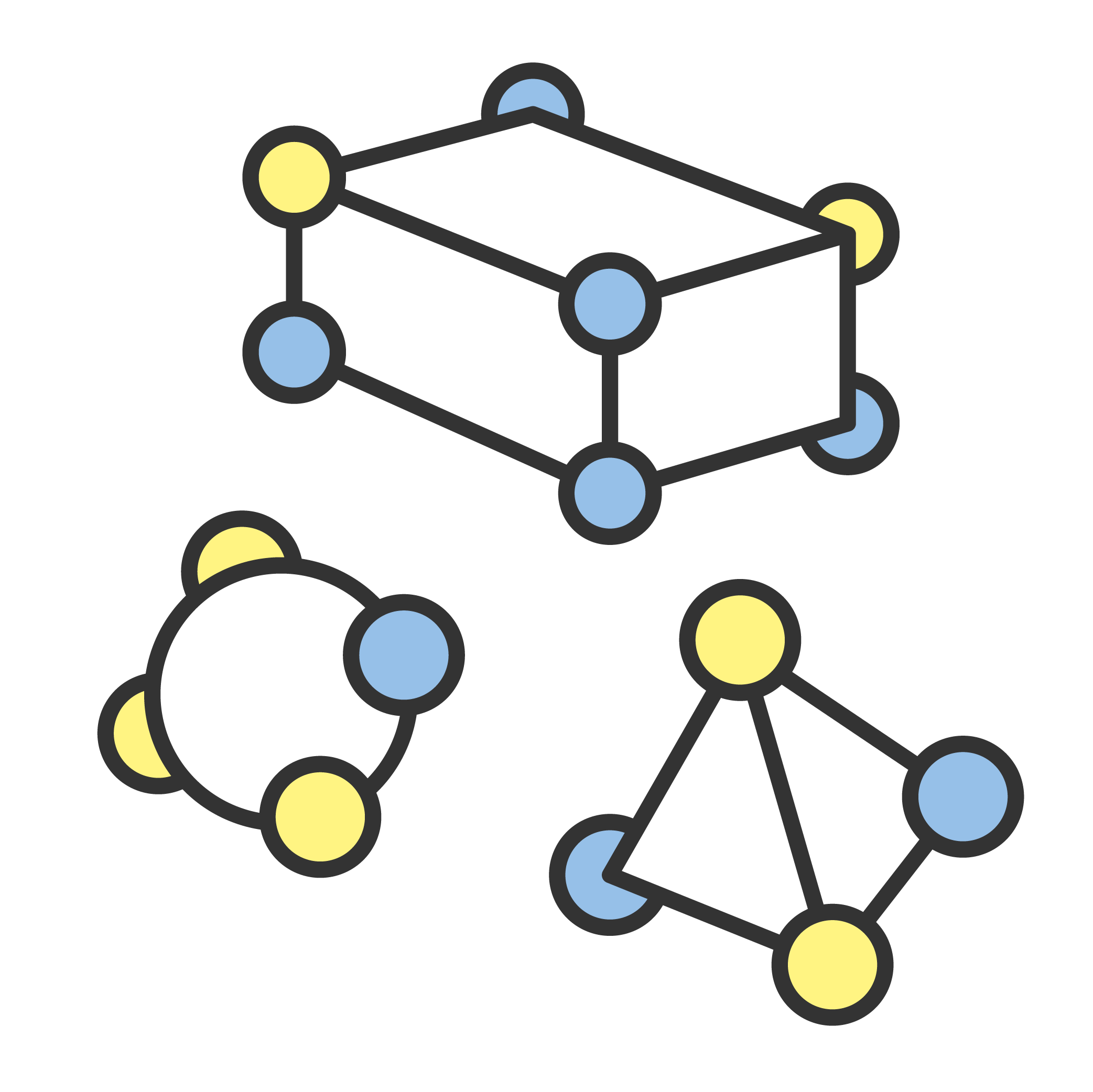
The project SUSAAN will have as a main objective to develop in an environmentally friendly and cost-efficient way, antimicrobial and antiviral nanocoatings in order to minimise risk of spread infections from harmful pathogens in different high traffic objects surfaces (metal, plastic, and textiles).
Developing inorganic, hybrid and biobased capsules with reduced cytotoxic and ecotoxicity (<1%) and improved performance in terms of fast killing effect and compatibility, tailored to their application selecting at least 3 ANMs.
Developing fast performance AM/AV coatings with an effectiveness of inhibition of at least 90 % of virus and bacteria at short contact times (<30 min) and at least 99 % for longer contact times (>1 hour). Increase durability of the effect up to 2 year (1200 abrasion cycles).
Developing AM/AV coatings with reduced eco-toxicity (>1%) for textile applications (food protective work textiles and home textiles) with an effectiveness of inhibition of at least 99 % for 1 hour contact times and durability of at least 30 washing cycles.
Demonstrating scalable manufacturing technologies including pilot production of nanoparticles, coating formulations and final coated products selected considering the substances and products are effective for its use and safe for human, animal and the environment compliant with ECHA and BPR regulations, pathing the way for future commercialisation.
The SUSAAN project results validated in three main market sectors through end users. Apart from the sectors to be specifically tested, antimicrobial and antiviral nanocoatings application included other important application sectors, such as: medical facilities and laboratories, medical equipment, fabrics and other clothing like face masks, hospital furniture, hotels and other public spaces, window glass, pharmaceutical labs, packaging, food packaging areas and restaurants, food processing equipment, transportation, air ducts and air ventilation systems, appliances, sporting and exercise equipment, containers, aircraft interiors and buildings, cruise lines and other marine vessels, handrails, schools and childcare facilities, and/or playgrounds.
Minimise the risk of spread of infections from harmful pathogens arising from everyday human activities.
Enhance economic benefits through reduction of lost hours of work through illness.
Leadership in producing materials that provide solutions for clean, toxic/pollutant free environment, decarbonising industry, and safeguarding civil infrastructure.
Create a healthier living and working environment and offer holistic solutions to people with health issues.
Boost research, development and innovation in the EU and Provide business opportunities especially for SMEs.
Improve citizen health and enhance the EU’s reputation as a public health best practice region.
Sustainable synthesis of nanocoatings (including bio-based materials) especially with effectiveness against a range of pathogens.
Contribution to increased autonomy in key strategic value chains for resilience industry specifically and specially on new sustainable by design materials with enhanced functionalities and applications in a wide range of industrial processes and consumer products.
The SUSAAN project will work in the production of sustainable by design antimicrobial and antiviral nanocoating with a holistic approach considering from the beginning main challenging aspects such as fast response and durable effects, low toxicity and environmental impact, scalability and mass production and regulatory requirements. In order to ensure the successful achievement of the project, bringing the required expertise and existing knowledge in new developments and results SUSAAN project will benefit from the multidisciplinary collaboration between materials researchers, advance manufacturing experts, environmental and social science experts, nano safety and regulator experts and of course producers and manufacturers of final products.
After definition of requirements on WP1, the work packages will deal with development and production of active nanomaterials (ANMs) which will later be incorporated into previously selected matrices to develop and production of coatings for metal, plastic and textiles industrial sectors.
Promote the overall coordination, the administrative, financial and contractual management of the SUSAAN project. LUREDERRA according to their expertise will act as coordinator but all of the partners will collaborate. Detailed management structure and procedures will be reflected in the Consortium Agreement which will be based on DESCA templates.